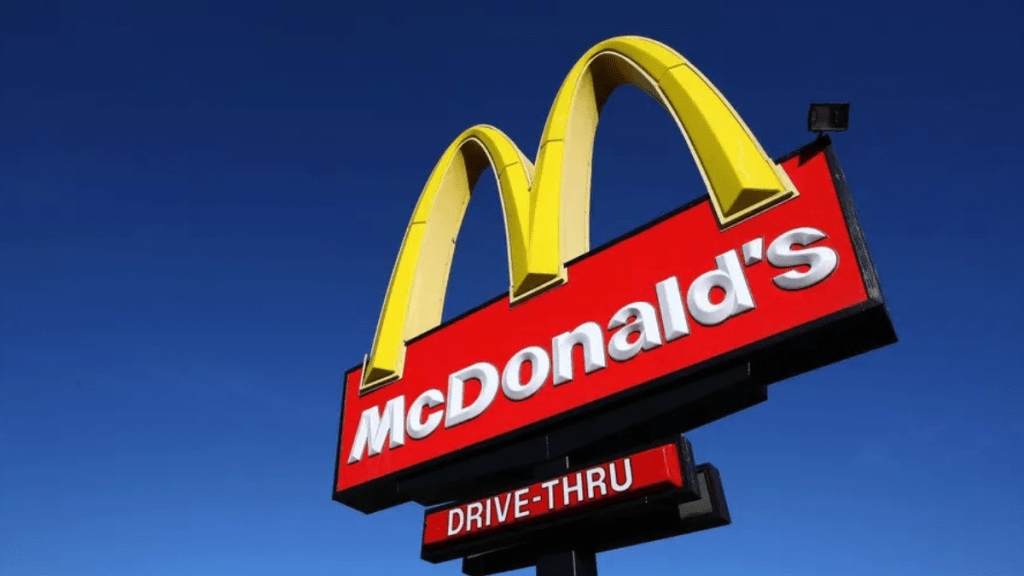McDonald’s is facing a wave of protests in the United States as a consumer-led boycott targets the fast-food giant over a range of corporate practices, from labour conditions and pricing to diversity commitments and tax strategy.
The boycott, organised by The People’s Union USA, began on June 24 and is scheduled to continue through June 30. The group, known for launching economic protests against major corporations such as Amazon and Walmart, is urging consumers to avoid McDonald’s during this period.
“We’re boycotting McDonald’s because they’ve shown time and time again that profit matters more than people,” said John Schwarz, founder of The People’s Union, in a statement to USA TODAY. He accused the company of tax avoidance, price gouging, performative advertising, and failing to follow through on diversity and inclusion initiatives.
Why the boycott?
Criticism intensified earlier this year when McDonald’s halted setting measurable goals for increasing diversity in senior leadership roles and reportedly scaled back a supplier diversity program. The move came amid a broader trend of U.S. corporations revising or withdrawing their DEI (Diversity, Equity, and Inclusion) efforts following political pressure, especially after former President Donald Trump returned to office in January 2025. Trump’s administration has pushed back against corporate diversity initiatives through executive orders and policy changes.
At a conference held in June, McDonald’s U.S. Chief People Officer, Jordann Nunn, acknowledged that the company had updated its DEI language but stated that “none of our programming has changed.”
However, organisers of the boycott claim these changes are symbolic rather than substantial. Schwarz described the company’s diversity campaigns as “promotional stunts” rather than “real systemic change.” He also alleged that McDonald’s benefits from offshore tax loopholes while raising menu prices for customers and using its franchise model to avoid accountability for working conditions in its restaurants.
Impact and response
Although McDonald’s has not publicly responded to the boycott, early indicators suggest the company is already under financial pressure. Its U.S. customer traffic has reportedly declined, and its Q1 revenue dropped 3.5%. Stock prices have fallen by 10% over the past month, partly reflecting concerns about consumer sentiment and ongoing inflation.
The long-term impact of the boycott remains to be seen, but analysts say even a one-week disruption can affect quarterly performance if public pressure sustains. While no McDonald’s locations have been closed due to the protests, the lack of a public statement from the company has sparked further speculation about how it plans to address the criticism.
McDonald’s is not alone. Several large U.S. companies have recently found themselves caught between competing pressures, conservative pushback against DEI programs and growing consumer demands for inclusive, ethical business practices. Earlier this year, retail chain Target reported a dip in consumer spending following similar backlash.
As protests continue across McDonald’s outlets and online platforms, it remains unclear whether the company will reassess its policies or wait for the storm to pass.
